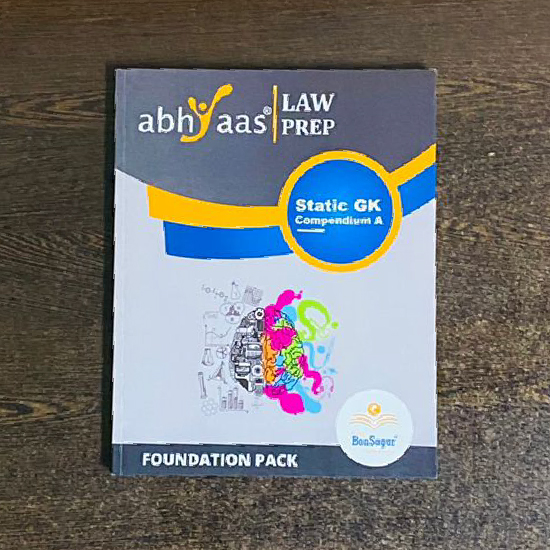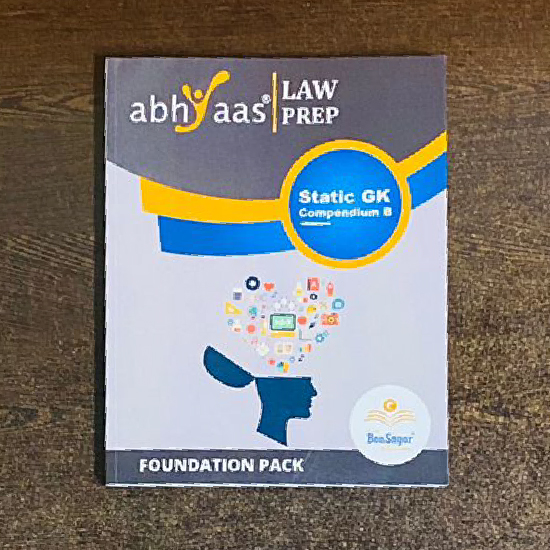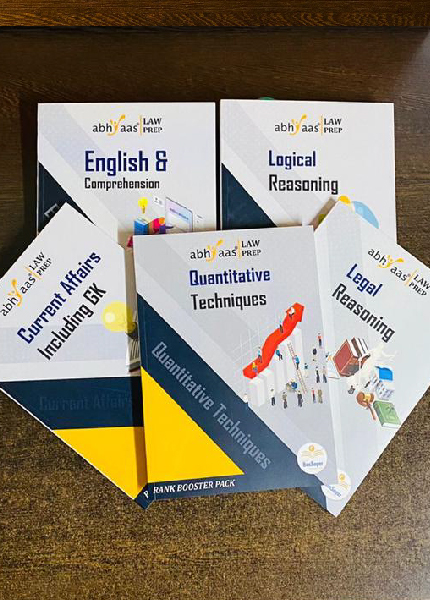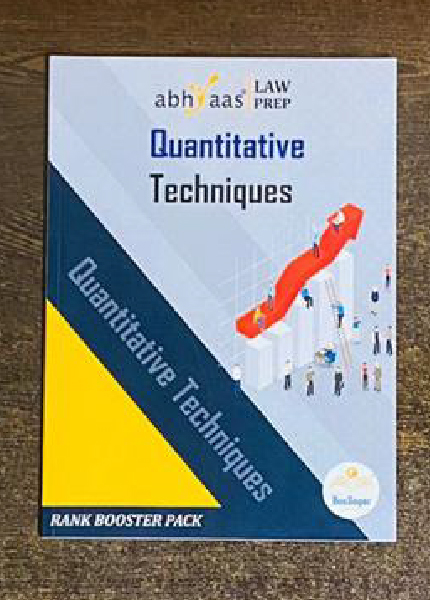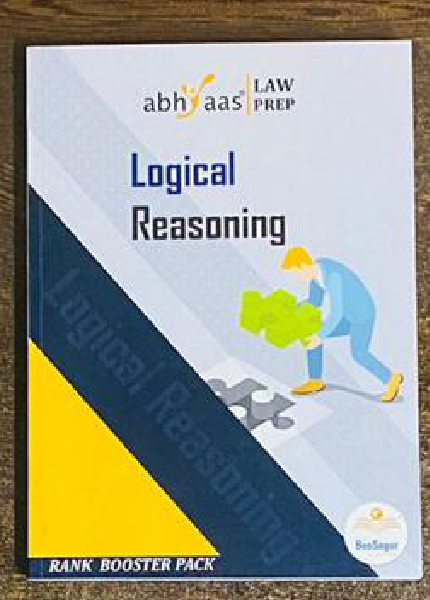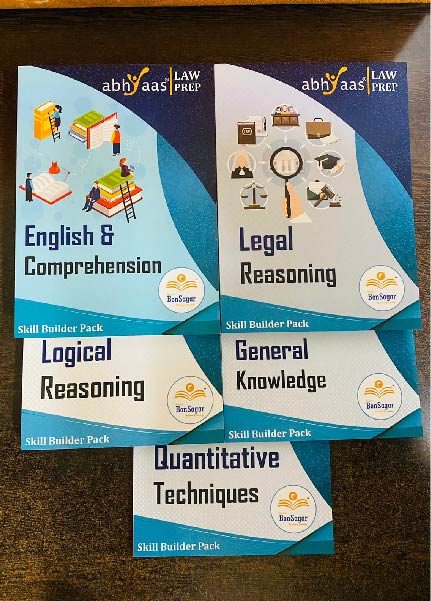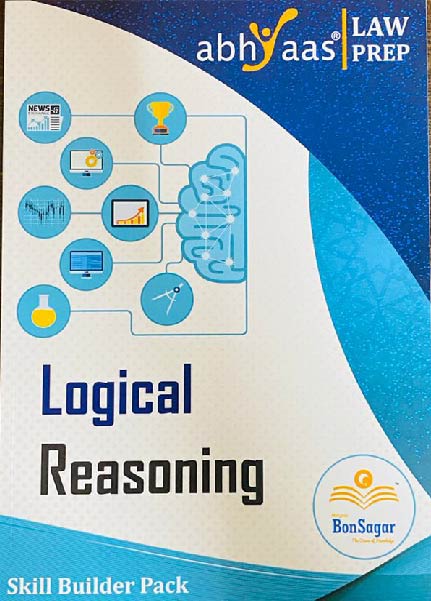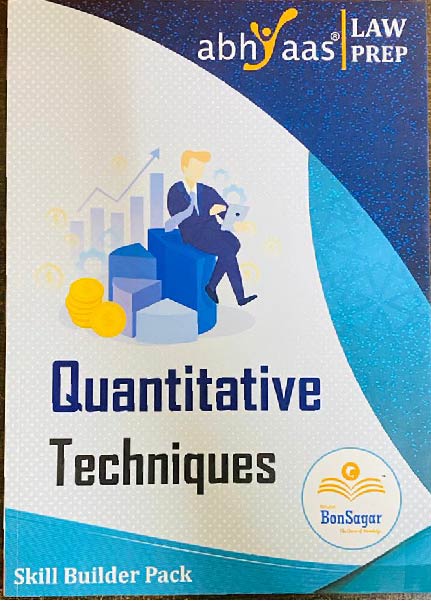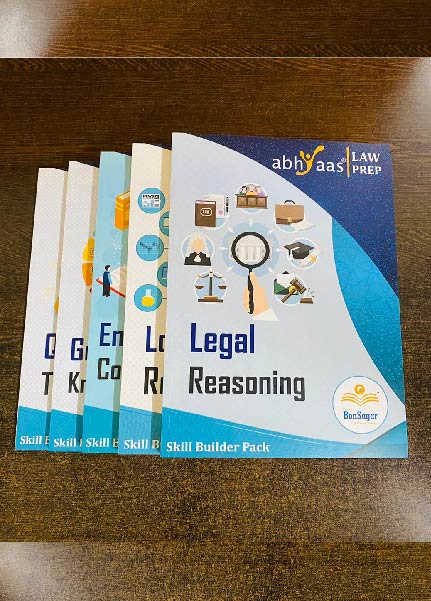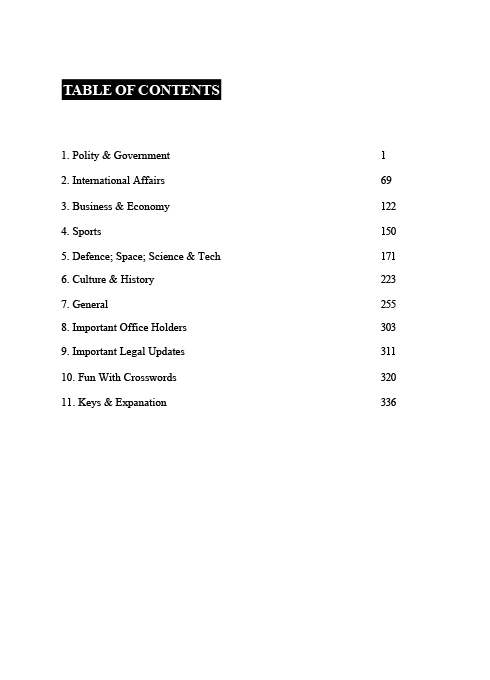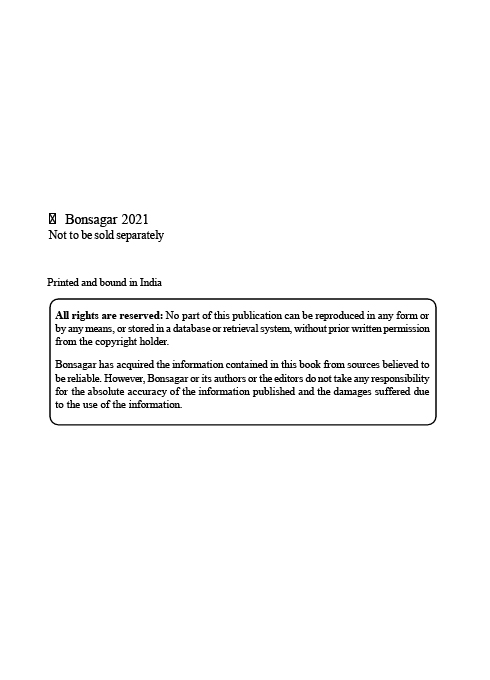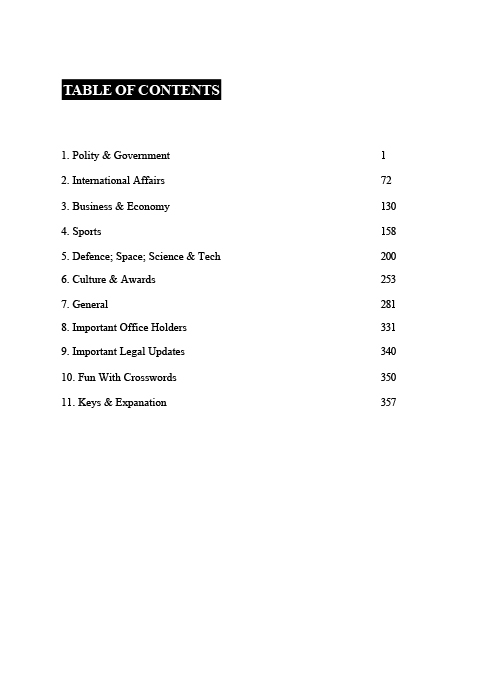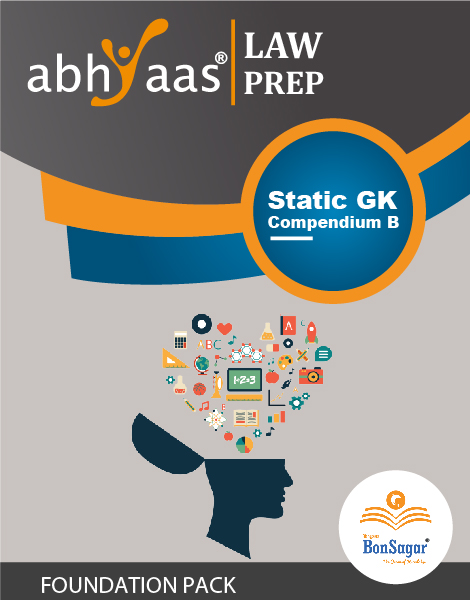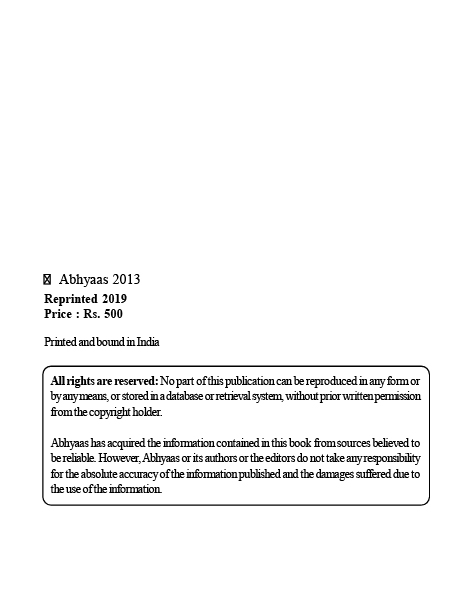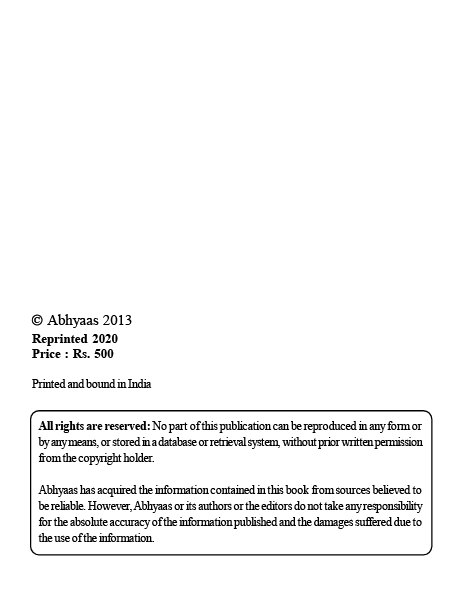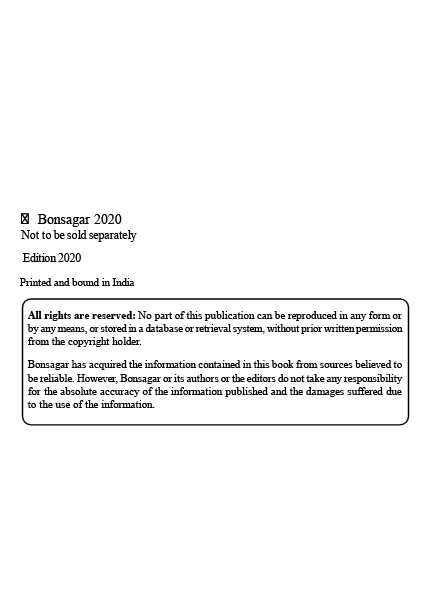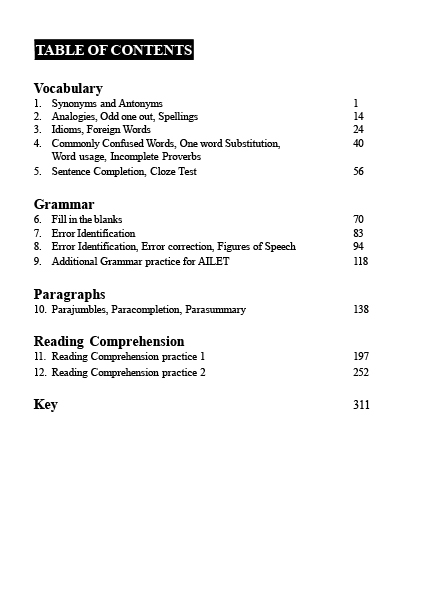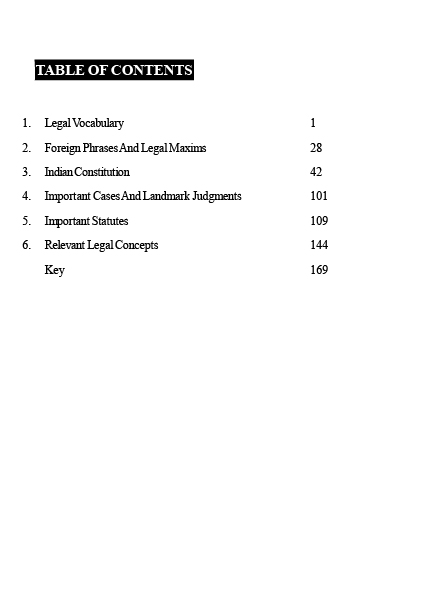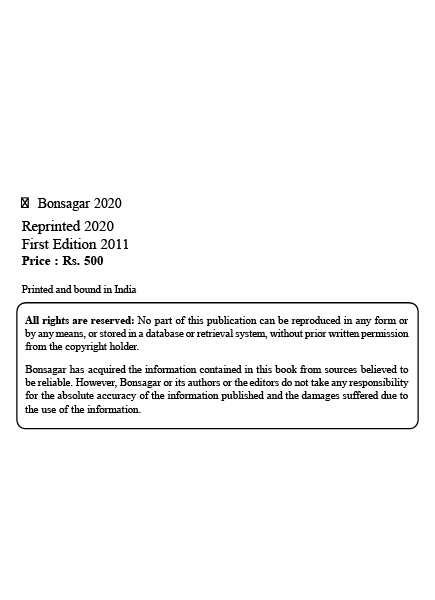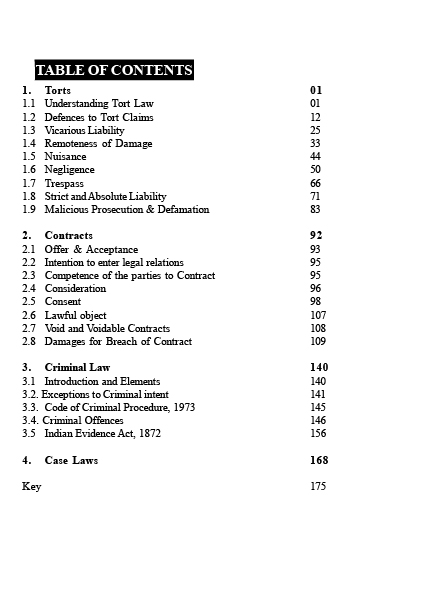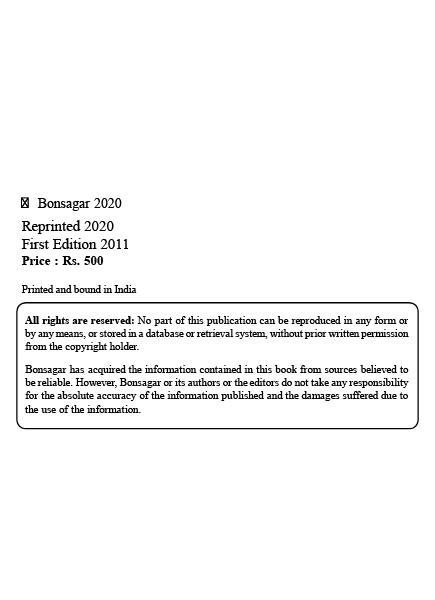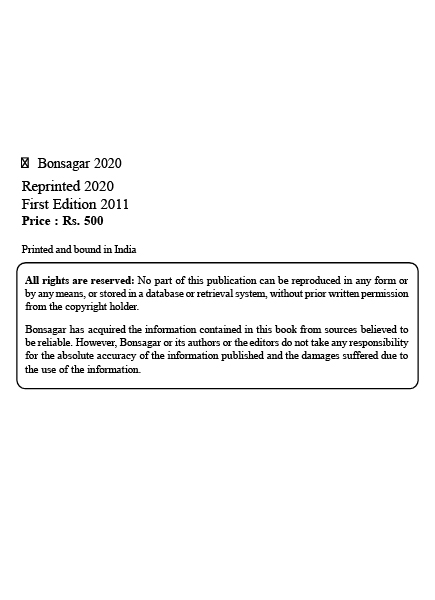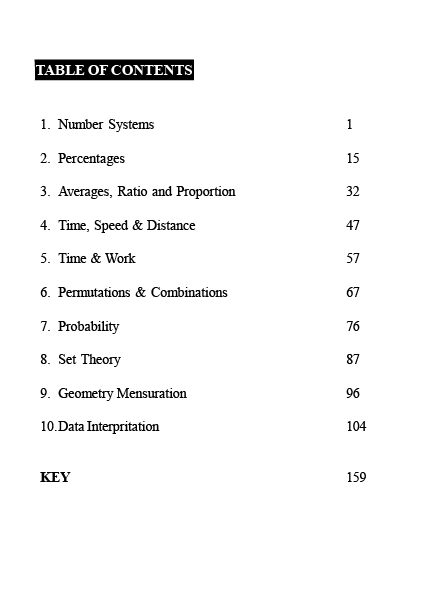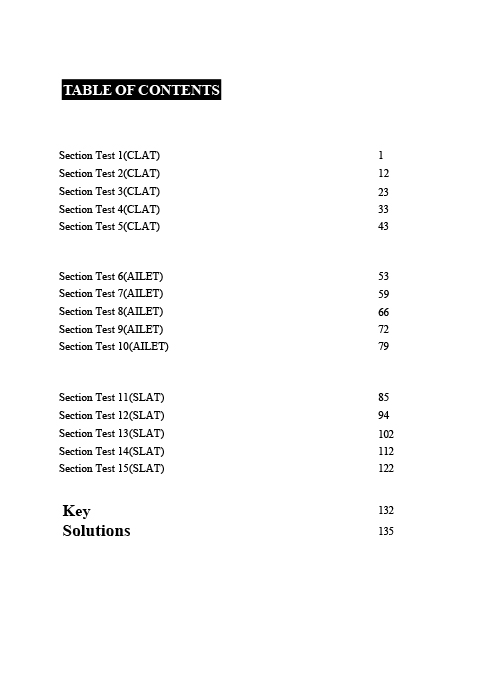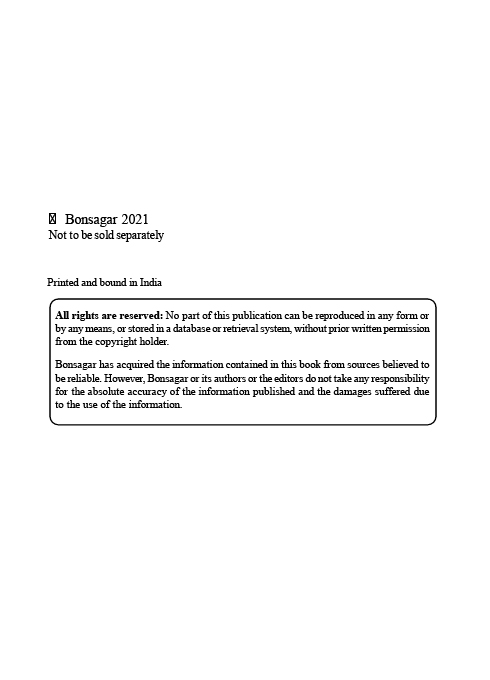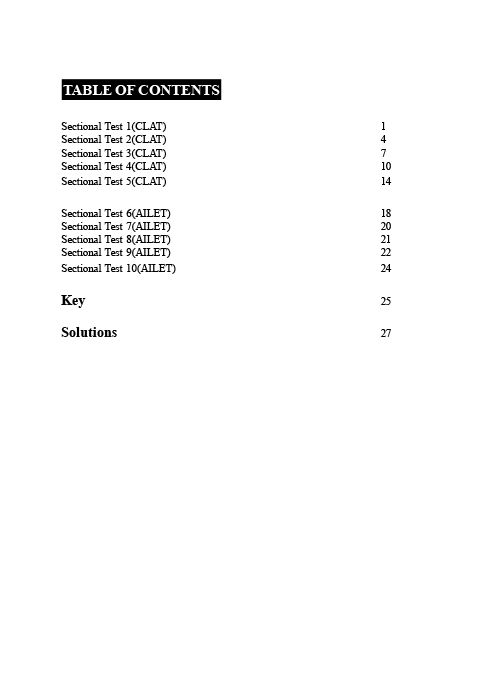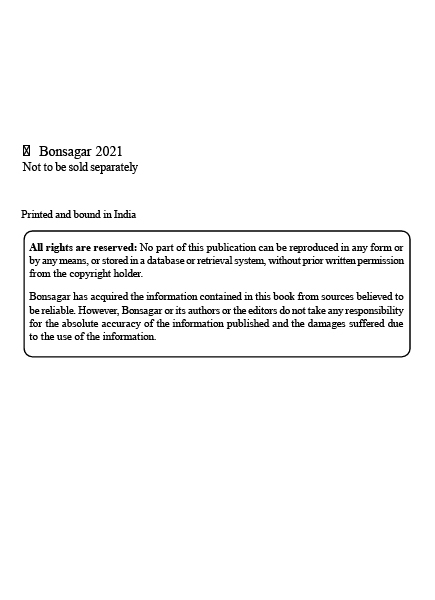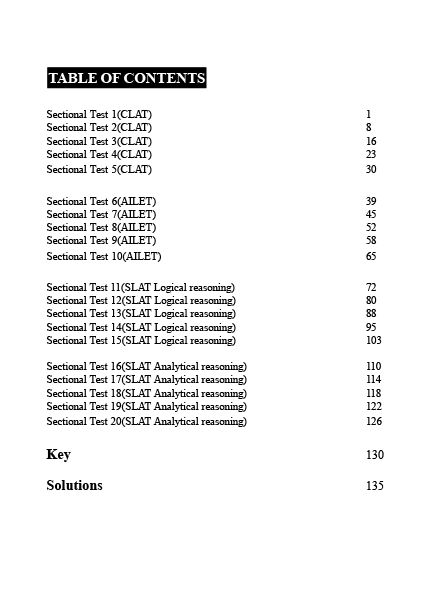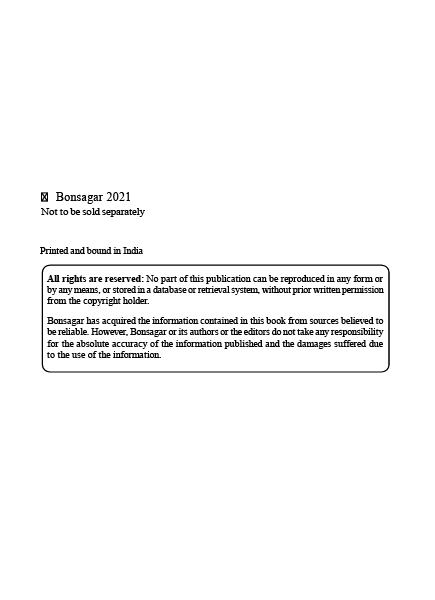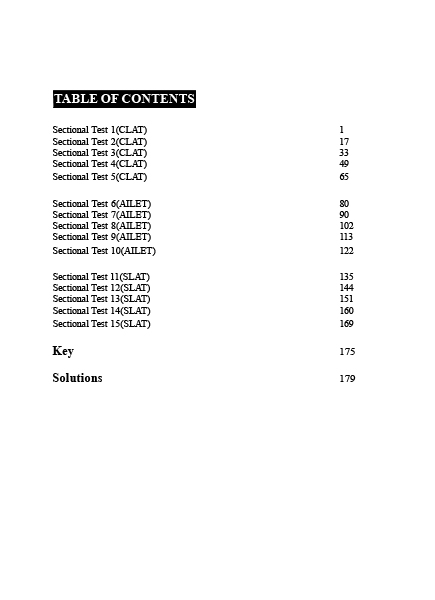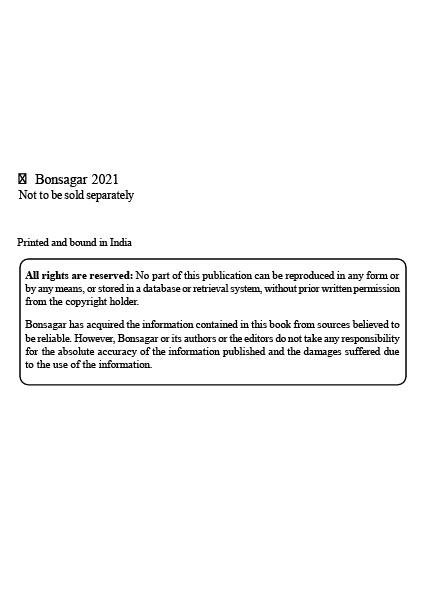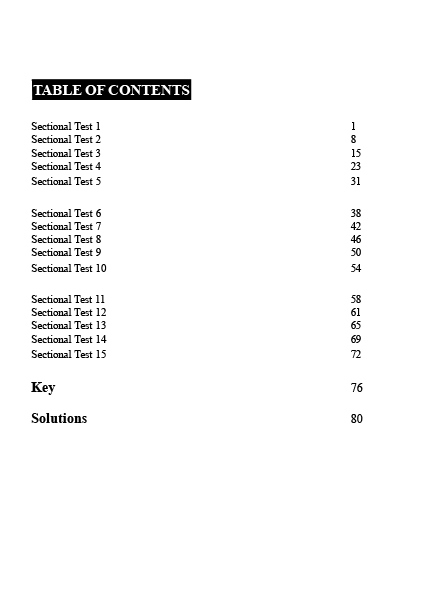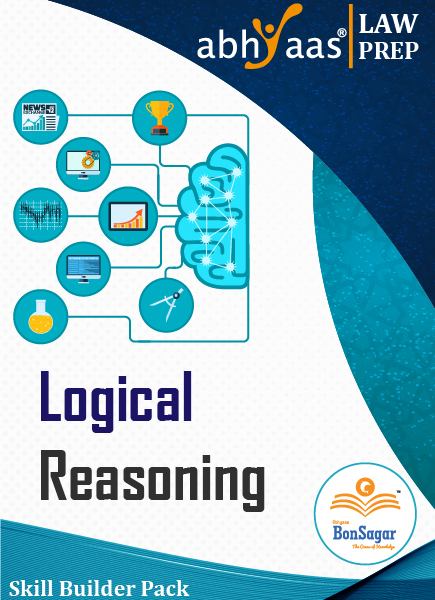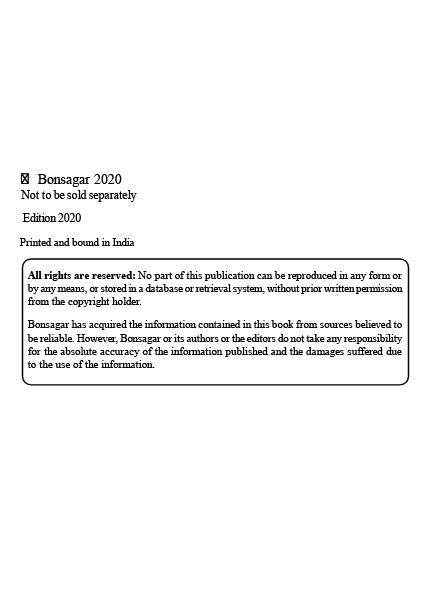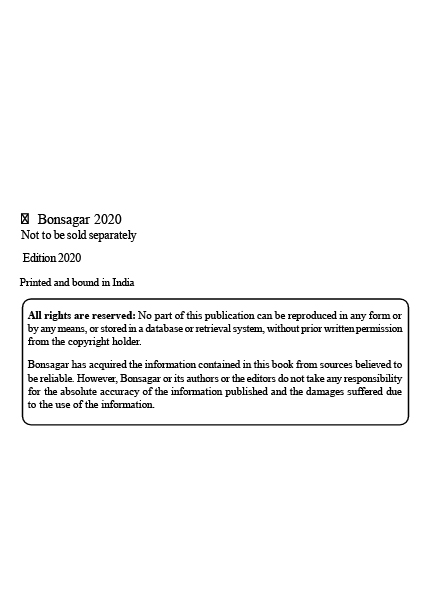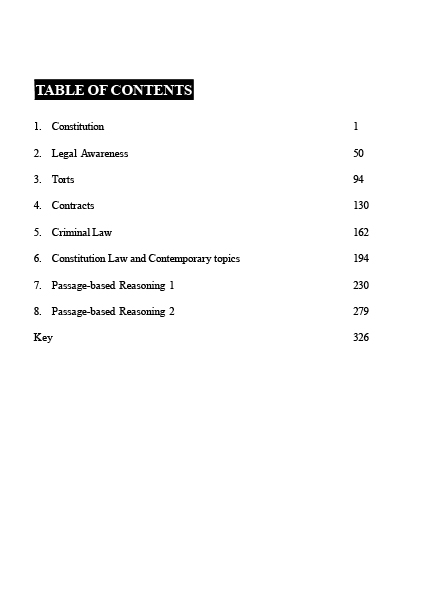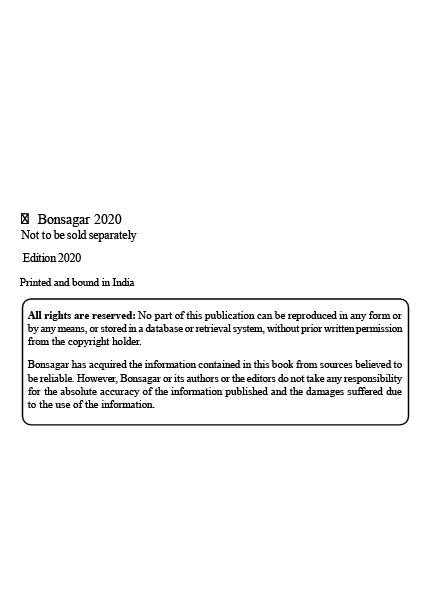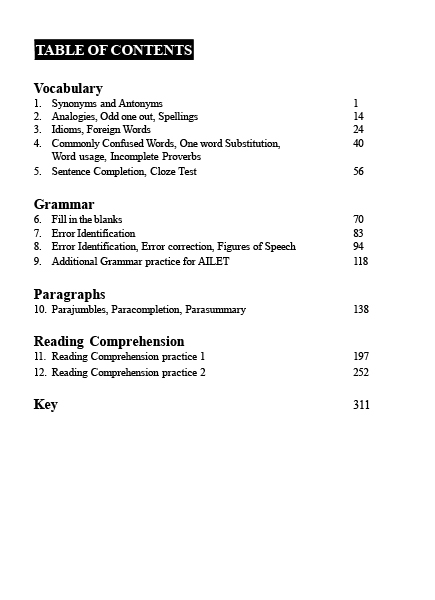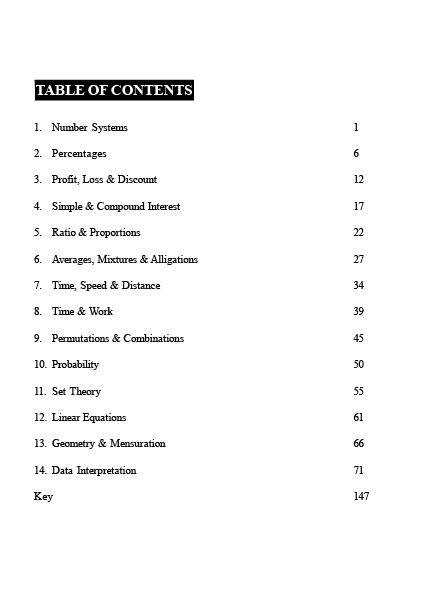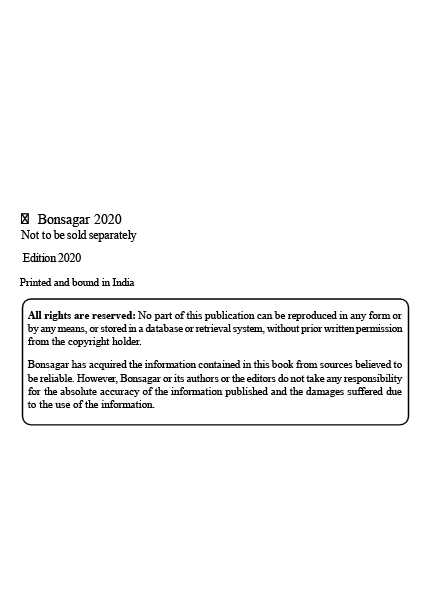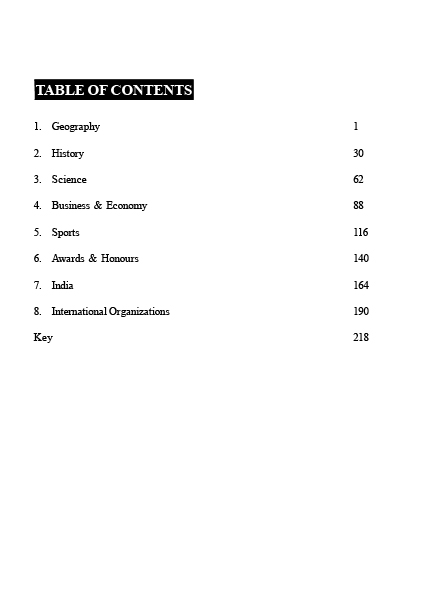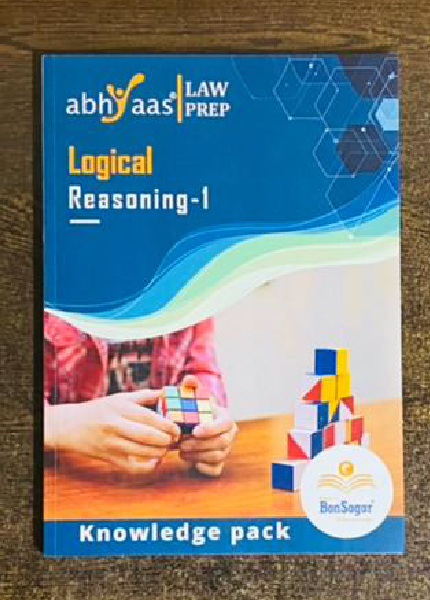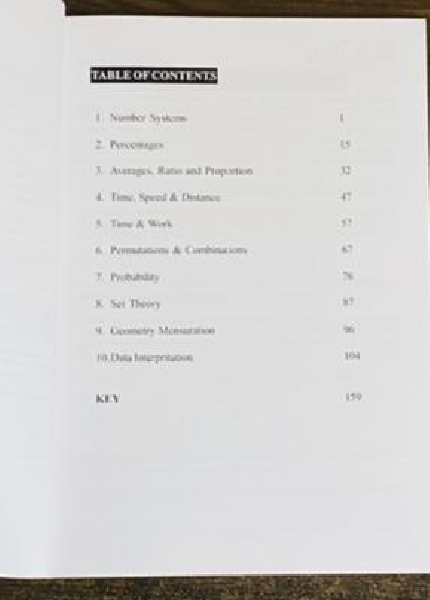
How to Build a Strong CLAT Preparation Schedule
How to Build a Strong CLAT Preparation Schedule
The Common Law Admission Test (CLAT) is the gateway to prestigious law schools in India, and cracking this exam requires focused preparation, discipline, and an efficient study plan. With thousands of aspirants competing for a limited number of seats, a strong CLAT preparation schedule can make all the difference. In this article, we’ll walk you through how to create a balanced and effective study schedule that will maximize your chances of success.
Understand the Exam Pattern and Syllabus
Before you begin your preparation, it’s crucial to familiarize yourself with the CLAT exam pattern and syllabus. CLAT consists of multiple-choice questions (MCQs) divided into the following sections:
- English Language: Concentrate on improving reading comprehension, expanding vocabulary, and mastering grammar.
- Current Affairs, including General Knowledge : Tests awareness of current events and general knowledge.
- Legal Reasoning :Measures your ability to analyze and apply legal principles to different situations.
- Logical Reasoning :Examines your analytical and logical thinking ability.
- Quantitative Techniques : Tests basic math skills, including data interpretation and elementary arithmetic.
The exam covers a wide range of topics, so having a clear understanding of the syllabus will help you prioritize your study time efficiently.
Set Clear and Achievable Goals
Setting both short-term and long-term goals is vital for staying focused and motivated. Start by defining your ultimate objective: to get into one of India’s top National Law Universities (NLUs). Then, break it down into smaller, manageable targets:
- Long-term goal: Secure a high score in CLAT and get admission to your desired law school.
- Short-term goals: Complete specific topics within a week, improve your performance in mock tests, or work on time management.
Make sure your goals are SMART (Specific, Measurable, Achievable, Relevant, and Time-bound) so you can track your progress effectively.
Create a Realistic Timetable
One of the most important elements of a strong CLAT preparation plan is a well-structured timetable. Your timetable should be flexible yet realistic, allowing enough time for each subject while ensuring that you don’t burn out. Here’s how to build an effective study plan:
- Determine your productive hours: Figure out when you are most alert and focused—whether it’s early morning, afternoon, or evening—and schedule your study sessions accordingly.
- Allocate time for each section: Divide your study hours based on the weightage and your personal comfort level with each subject. For example:
- English: Dedicate 1–2 hours a day to reading comprehension, vocabulary, and grammar.
General Knowledge & Current Affairs: Spend 30–45 minutes daily reading newspapers, magazines, or online sources. - Legal Reasoning: Spend 1–2 hours daily on learning legal principles, concepts, and their application.
- Logical Reasoning: Dedicate 1–2 hours to practicing puzzles, seating arrangements, and logical reasoning questions.
- Quantitative Techniques: Allocate 30–45 minutes each day for solving quantitative problems, data interpretation, and basic arithmetic.
- Include breaks: Studying for long stretches without breaks can lead to fatigue and reduced concentration. Take short breaks (5–10 minutes) after every 45–60 minutes of study to refresh your mind.
- Don’t forget revision: Allocate time at the end of each week to revise what you’ve learned. Consistent revision helps reinforce concepts and boosts retention.
Prioritize Topics Based on Difficulty and Weightage
Some topics in CLAT are more important and challenging than others. By prioritizing based on difficulty and weightage, you can optimize your preparation.
- English Language: Focus on reading comprehension, vocabulary, and grammar. Regular reading of newspapers, novels, and articles will improve both your vocabulary and reading speed.
- General Knowledge & Current Affairs: This section is vast, so it’s essential to stay updated daily. Focus on significant national and international events, legal news, and important historical events.
- Legal Reasoning: While this section does not require prior legal knowledge, it requires a solid understanding of basic legal principles. Spend more time on concepts like contracts, torts, criminal law, and constitutional law.
- Logical Reasoning: Prioritize puzzles, seating arrangements, and blood relations, as these tend to have a higher weightage and can be time-consuming.
- Quantitative Techniques: This section has fewer marks, but it’s essential to practice regularly. Concentrate on topics such as percentages, ratios, and data interpretation..
Mock Tests and Practice Papers
Mock tests play a vital role in CLAT preparation. They help you assess your preparation, familiarize you with the exam format, and improve your time management. Here’s how to incorporate mock tests into your schedule:
- Start with weekly mock tests: Once you’ve covered some topics, start taking one mock test every week. This will help you gauge your strengths and weaknesses.
- Simulate real exam conditions: Take mock tests under timed conditions to build stamina and improve your speed. Make sure to solve the test in a quiet environment without distractions.
- Analyze your performance: After each mock test, thoroughly review your mistakes and weak areas. Identify which sections need more practice and work on them in your next study sessions.
- Increase the frequency of mock tests: As the exam approaches, increase the frequency of mock tests. This will boost your confidence and help alleviate exam anxiety.
Stay Consistent and Avoid Procrastination
Consistency is key to success in CLAT preparation. It’s easy to get distracted or procrastinate, but sticking to your schedule every day will ensure steady progress. Here are some tips for staying consistent:
- Follow your timetable: Commit to your timetable as much as possible. Even if you don’t feel like studying some days, remind yourself of the bigger picture.
- Track your progress: Maintain a daily or weekly journal of your progress to stay motivated. Celebrate small achievements, like completing a difficult topic or scoring well in a mock test.
- Stay motivated: Keep reminding yourself of your goals consistently. You can also join online forums or study groups to keep up with the competitive spirit and share tips with other aspirants.
Take Care of Your Health
A strong mind requires a healthy body. Preparing for CLAT can be mentally exhausting, so it’s important to maintain physical and mental well-being:
- Sleep well: Aim for 7–8 hours of sleep every night. Sleep helps improve concentration, memory, and overall performance
- Eat a balanced diet: A nutritious diet will provide you with the energy needed for intense study sessions.
- Exercise: Physical activity, even if it’s just a short walk, can help reduce stress and improve focus.
Conclusion
Building a strong CLAT preparation schedule requires a balance of planning, discipline, and regular revision. By understanding the exam pattern, setting clear goals, prioritizing topics, and including mock tests, you can stay on track and maximize your chances of success. Consistency, time management, and maintaining your health are equally important. With a well-structured plan, you’ll be ready to face the CLAT exam with confidence and determination. Best of luck!
[Sign Up Now] and get access to more updates and free resources from Abhyaas Law Prep!









